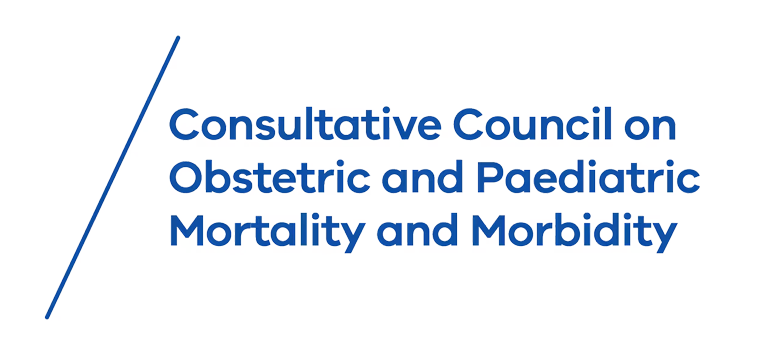Aim
The aim of this good practice point is to provide guidance on the need for secondary consultations for general practitioners and paediatricians for mental health conditions in children and young people.
Background
There has been an increase in mental health conditions in children and young people across Victoria. Young people and their parents face considerable waiting periods and other barriers to accessing timely mental health care in Victoria (Mulraney et al., 2021). Many children and young people see GPs or paediatricians, but previous studies show that in Victoria, very few (0-5%) receive care from a psychiatrist (Hiscock et al., 2020). Suicide and self-inflicted injury continue to be a leading cause of morbidity and mortality for young people aged 15-17 years in Victoria (Safer Care Victoria, 2024).
CCOPMM case reviews of deaths by deliberate self-harm have found that in many cases, children and young people with complex mental health needs were being cared for by GPs or paediatricians who had identified that the patient required a review by a psychiatrist for advice on diagnostic formulation, service navigation and advice on appropriate referral within the mental health system, or medication management.
References
Evidence Base for Collaborative Care Foundational Evidence Base and Reviews available at: https://aims.uw.edu/wordpress/wp-content/uploads/2023/11/1-Evidence-Base_Foundational.pdf
Hiscock, H., Mulraney, M., Efron, D., Freed, G., Coghill, D., Sciberras, E., Warren, H. and Sawyer, M., 2020. Use and predictors of health services among Australian children with mental health problems: a national prospective study. Australian Journal of Psychology, 72(1), pp.31-40.
Mulraney, M., Lee, C., Freed, G., Sawyer, M., Coghill, D., Sciberras, E., Efron, D. and Hiscock, H., 2021. How long and how much? Wait times and costs for initial private child mental health appointments. Journal of Paediatrics and Child Health, 57(4), pp.526-532.
Safer Care Victoria, 2024. Victoria’s Mothers, Babies and Children 2022 Report. Department of Health, Victoria.


